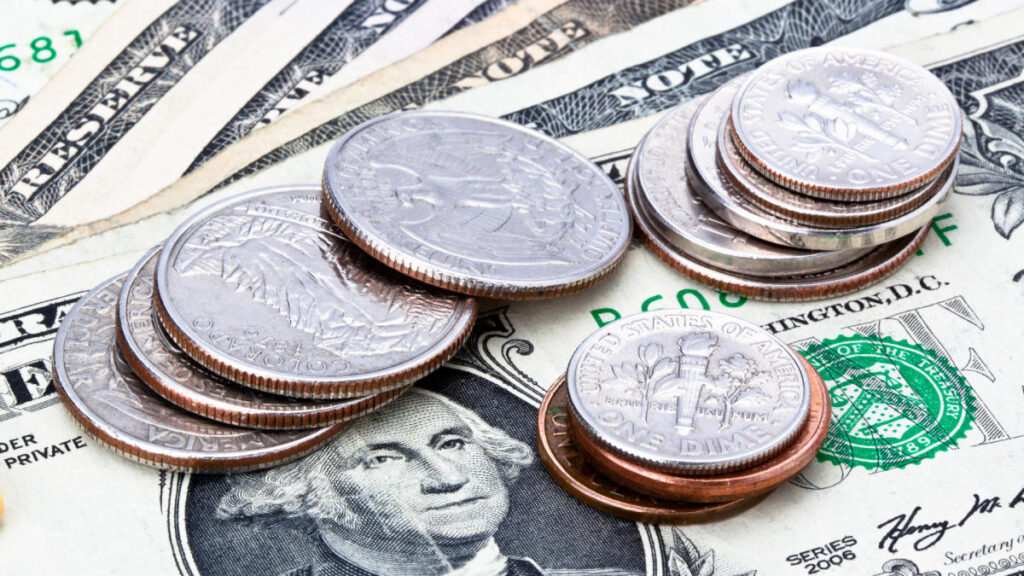No, really. Where is the best place to store your money?
According to a survey conducted by Piere, an AI-powered financial management app, found that the average American stashes $544 in cash or valuables at home.
Wanting to keep your money safe is fine. But hoarding it in the wrong places could do more harm than good. Think about the story back in 2009 where CNBC reported that a woman didn’t realize her mother stashed $1 million in cash in an old mattress that she threw away.
Check Out: 3 Signs You’ve ‘Made It’ Financially, According to Financial Influencer Genesis Hinckley
Trending Now: These 10 Used Cars Will Last Longer Than an Average New Vehicle
Even if your mattress (or an equivalent item) is still in your home, there are huge risks with storing cash or its equivalent in your home. For one, your insurance policy may not provide coverage for cash or even crypto. Even if it does cover valuables, there may be policy limits.
Don’t forget the opportunity costs for cash. You’re not going to earn any interest and even worse, the cash loses value due to inflation.
So where are the best and worst places to store your cash, valuables or crypto?
Even if you’re convinced that a mattress isn’t the best place to store your cash, a vase, freezer or some other secret compartment probably won’t do.
Your best bet is to store it at a bank or credit union. Most of these financial institutions are FDIC- or NCUA-insured. In case the bank or credit union goes belly up, your money is safe up to the insured amount.
A high-yield savings account offers a higher rate for your cash, and so do money market accounts. Be sure to check if there are any minimum deposit amounts and if there are any fees you may need to pay.
If you want to park your cash for longer and want to guarantee some sort of a return, a certificate of deposit (CD) could be a good choice. Many banks and credit unions offer slightly higher interest rates depending on the term you agree to. You will need to keep the cash for the agreed upon term or you could pay a penalty.
Explore More: If You’re Thinking About Getting a CD, Suze Orman Says You Should Do It Now — Here’s Why
Storing your coins or other valuables at home may be safe, but be sure you document these items. That way, if in the event you need to file a claim, you have documentation to show to your insurance company. Consider storing these valuables in a fireproof safe.
Otherwise, you could pay for a safe deposit box at your local bank. Yes, it’ll cost you, but it could be worth it knowing your valuables are probably safer than at your home.


